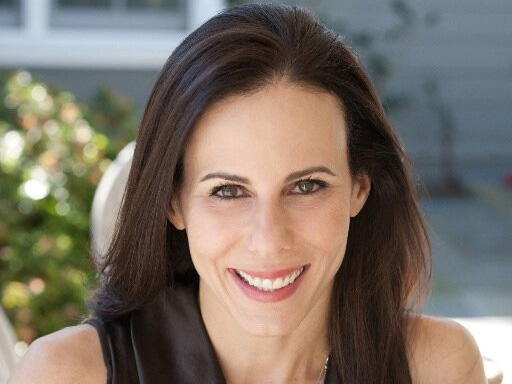It was 1998, and Stanford Business School student Jenny Lefcourt and her fellow female co-founder wanted to raise money for an e-commerce-meets-retail idea they had around weddings. They were thrilled when they convinced a well-known VC at a Sand Hill firm to hear their idea. Before meeting, Lefcourt and her co-founder worked tirelessly on their pitch, hoping to win this VC over and leave the firm with a check. After they finished their pitch, the VC thought for a moment and said “I see the pretty girls. Beyond the pretty girls, what do you have for me?”
Lefcourt, who is announcing that she has joined early-stage VC firm Freestyle next to Josh Felser and Dave Samuel today, says that while it sounds slightly misogynistic, the story makes her laugh and at the time, didn’t upset her. She and her co-founder went on to start the online wedding registry startup that became WeddingChannel.com (which was acquired by The Knot).
That VC ended up becoming an investor and board member and is a friend today, Lefcourt explains. Jokes aside, Lefcourt says that her experience as a founder over the past 15 years has been a fulfilling journey. After selling WeddingChannel to The Knot, she took some time off to spend with her young children, but then started online wedding photography startup Bella Pictures a few years later, which she sold to CPI Corp in 2011. Lefcourt went on to invest in and advise many other women-led companies, including Minted, StyleSeat, Lover.ly, and WeddingtonWay (she notes that she has also invested in and advised a number of male founders, including MainStreetHub, MomentFeed and others).
As she started to back women over the past few years as an investor, she would hear that fundraising for women-run startups is difficult. But in both of the startups Lefcourt founded, she felt that she was judged by VCs according to her skills, abilities, and the potential of the business. And the current predicament left her puzzled.
Flash forward to 2013, when Lefcourt decided to hit Sand Hill Road again (for the third time) to raise a seed round with a female co-founder for Markkit, an influencer-based e-commerce company. This time around, convincing investors was much harder. As she explains, she did not feel that there was a gender discrimination issue but the dearth of women VCs was dramatically narrowing the pool of investors who could relate to their female-focused business. There were only a handful of companies that appealed to women pre-bubble, but in this current world, women are a target market for countless startups.
“The gender disparity in VCs creates a huge opportunity, given that women oversee over 80 percent of consumer spending and are the majority of users of social networking sites and e-commerce sites,” she told me.
She left these pitch meetings thinking, “where were all the women?” The data only supports Lefcourt’s concerns — only 4 percent of partners at VC firms are women.
When she transitioned over to an advisory role with Markkit, she knew she wanted to go into the venture world. And she wanted to work with fellow operators who had been in the trenches, and were “founder-friendly.” She had known Felser for some time, and the two began talking about a possible partnership. She began investing with Freestyle two months ago.
Lefcourt feels particularly strongly that if she did join a firm, she wanted to focus at the seed, and early-stage level. “To write a check, early-stage investors need to have a visceral sense that your product or service is something that will be indispensable to its market without the data yet to prove it,” she says. Seed is Freestyle’s bread and butter.
Says Lefcourt: “Everyone has their own set of experiences that shape their views. Immigrants look at the world differently than do people born in the United States. People born in difficult circumstances have had different lives than those born to privilege. And women have had different experiences than men and therefore bring a much-needed perspective. Adding this perspective to an investment team will help get a fuller picture of a company’s potential and produce better results.”
Felser agrees. “She’s not only great for the job, but she happens to not be a white man, and we value that.” He adds that her entrepreneurial and operational experience made her a great fit for the Freestyle culture.
Lefcourt says she is industry agnostic when it comes to types of companies she’ll be investing in. She has one criteria: “I want to work with great entrepreneurs who are working on ideas they really believe in.”
